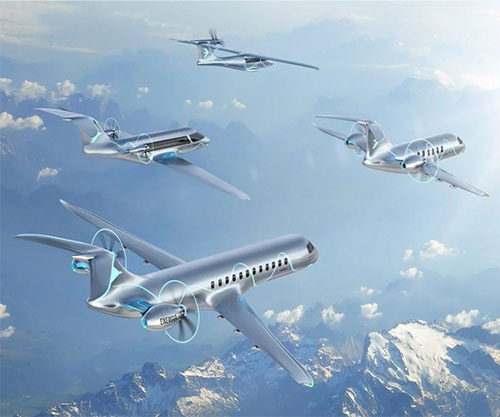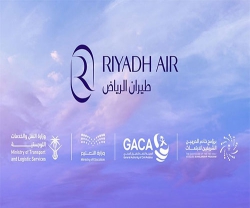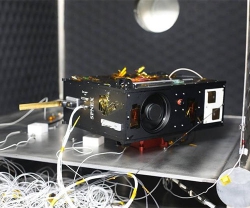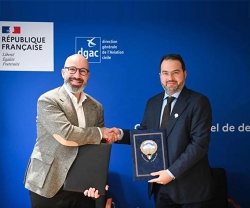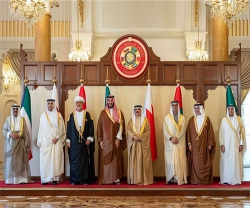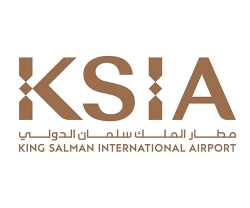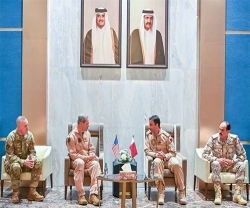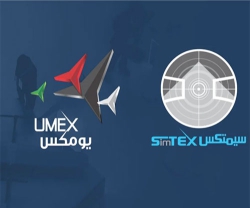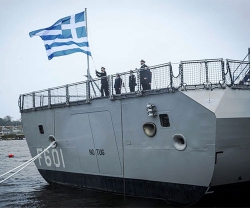Embraer revealed new aircraft concepts as part of the company’s progress report on Energia - Embraer’s initiative to get the aviation industry to net-zero by 2050.
A year on from Embraer’s Sustainability in Action in event, which detailed the study of four new aircraft concepts powered by new technologies and renewable energies, the company has been focusing on two 19-30 seater designs for hybrid electric and hydrogen electric propulsion. Guided by the company’s 50-year technical expertise, external inputs from airlines, and joint studies with engine OEMs, these two approaches to net-zero offer a technically realistic and economically feasible pathway to net-zero.
Energia Hybrid (E19-HE and E30-HE) - revealed as a nine seater in 2021, Embraer is exploring a 19 and a 30 seater variant:
- Parallel hybrid-electric propulsion
- Up to 90% CO2 emissions reduction when using SAF
- 19 and 30 seat variants
- Rear-mounted engines
- Technology readiness - early 2030’s
Energia H2 Fuel Cell (E19-H2FC and E30-H2FC) \- revealed as a 19 seater in 2021, Embraer is exploring a 30 seater variant:
- Hydrogen electric propulsion
- Zero CO2 emissions
- 19 and 30 seat variants
- Rear-mounted electric engines
- Technology readiness – 2035
While still at the evaluation phase, the architectures and technologies are being assessed for technical and commercial viability. The Energia Advisory Group has also been launched to harness inputs and collaboration from partner airlines.
Arjan Meijer, President and CEO, Embraer Commercial Aviation, said, “I believe we have set bold but realistic goals for these concepts to come to market. Since we announced our Energia concepts last year, we have been busy evaluating different architectures and propulsion systems. These efforts have resulted in the updates of our concepts that we are sharing with you today. A number of airlines are part of our Energia Advisory Group, the experience and knowledge they bring to the study will be key to accelerate to the next phases.”
“As new propulsion technologies will be first applied on smaller aircraft, Embraer is in a unique position. The 19 and 30 seaters are sensible starting points for focused studies since they are likely to present earlier technical and economical readiness,” said Luis Carlos Affonso, Sr. VP of Engineering, Technology and Corporate Strategy, Embraer.
“While the challenges of net-zero are significant, in less than 25 years our commercial aircraft have already reduced fuel burn and CO2 emissions by almost 50% on a seat/mile basis, using only conventional fuels and propulsion – I’m convinced net-zero is a goal we can reach,” he added.
Embraer is a global aerospace company headquartered in Brazil. It manufactures aircraft for Commercial and Executive aviation, Defense & Security, and Agricultural customers. The company also provides after-sales services & support through a worldwide network of wholly owned entities and authorized agents.
Since it was founded in 1969, Embraer has delivered more than 8,000 aircraft. On average, about every 10 seconds an aircraft manufactured by Embraer takes off somewhere in the world. The aircraft transport over 145 million passengers per year.
Embraer is the leading manufacturer of commercial jets up to 150 seats and is the main exporter of high value-added goods in Brazil. The company maintains industrial units, offices, service and parts distribution centers across the Americas, Africa, Asia, and Europe.

